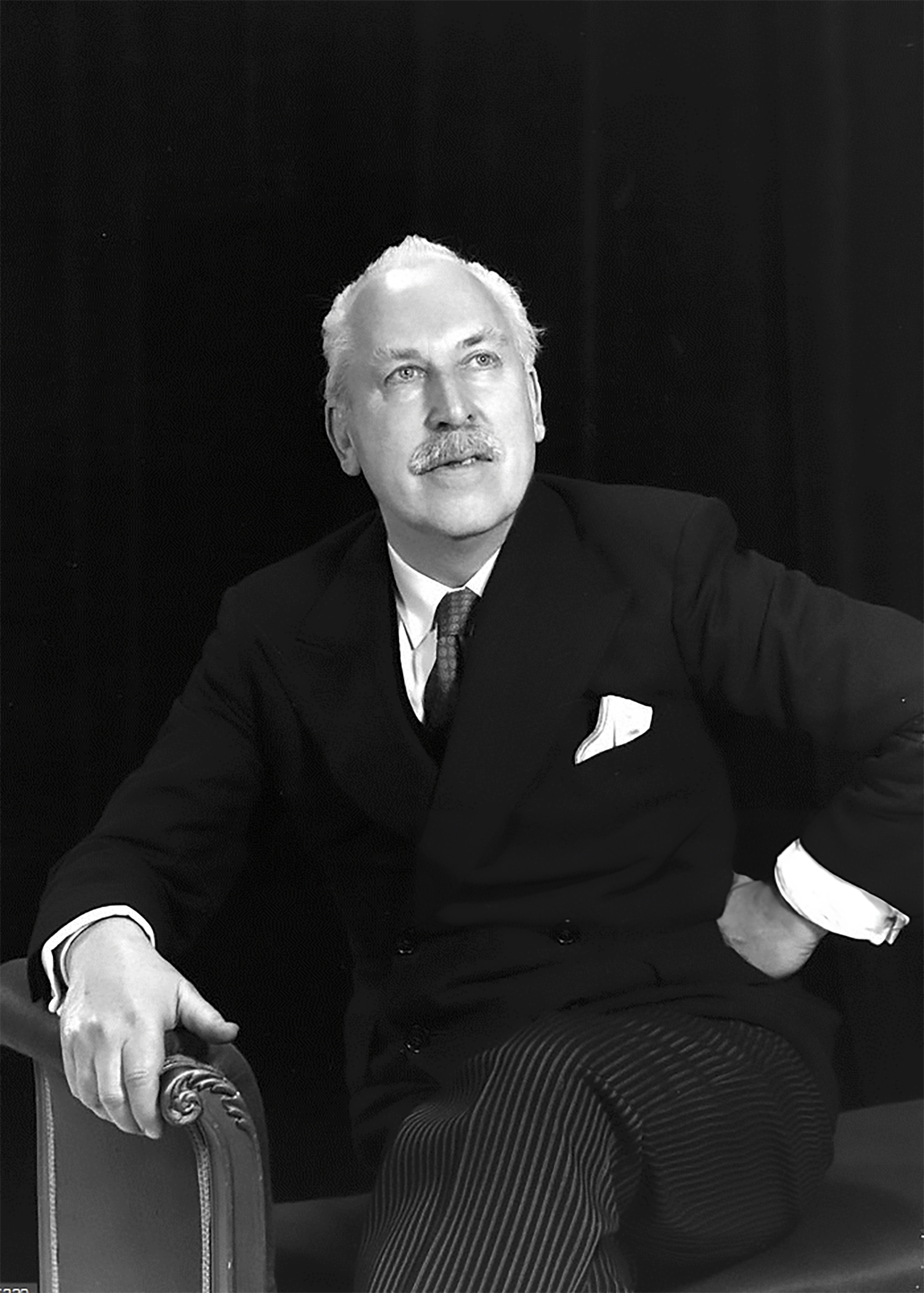Composer | Sir Arthur Bliss

With an American father and English mother, Bliss was born in 1891, was schooled at Rugby and Cambridge University, and studied music at the Royal College of Music under Stanford before serving in the Grenadier Guards in World War I. He was a leading English musical voice between the wars.
His composing career blossomed in the 1920s and 1930s with innovative, cutting-edge works for voice and orchestra, influenced by Stravinsky and Debussy, including his notable Colour Symphony (1922). Thereafter, Bliss moved towards the English music tradition with choral works (Pastoral and Morning Heroes) and three major 1930s compositions: the ballet Checkmate, the film score for Korda’s Things to Come, and his Piano Concerto, which premiered at the 1939 New York World’s Fair. In 1944, he wrote the scores for Robert Helpmann’s popular ballet Miracle in the Gorbals and in 1946 for his more experimental Adam Zero.
During World War II, Bliss was Director of Music at the BBC. He was knighted in 1950 and succeeded Arnold Bax as Master of the Queen’s Musick in 1953, where he composed memorable music for Her Majesty’s coronation.
Bliss’ post-war reputation suffered from the relative failure of a series of important works, including his Covent Garden opera The Olympians, his oratorio The Beatitudes, and the Cello Concerto. His final major orchestral work, Metamorphic Variations, premiered three years before his death in 1975. Bliss’ reputation awaits reassessment, despite the individual character of his opus and his significant 1930s achievement.